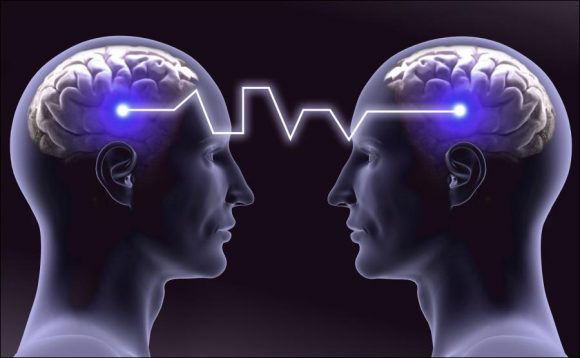I will talk to you about an interesting example of habits, and introduce you to “E.P.”, which has entered the medical literature.
Neuroscientists have first described in detail the basic neurobiology of an amnesic case suffering from deep memory loss after damaging important parts of the brain.
In 1993, an old man named Eugene Pauly was taken to the emergency room near San Diego with complaints of stomach cramps, vomiting, and high fever. It turns out that Eugene suffers from encephalitis, which affects his brain.
He was in a coma for ten days and when Eugene woke up, he had to face a fact that his wife Beverly was no longer her. Although she could still speak, she couldn’t remember which day of the week she had, she had a hard time remembering conversations.
In one scan, he revealed that the virus almost completely destroyed the medial temporal lobe, which was responsible for all vital functions, such as remembering the past and emotional regulation.
Eugene and Beverly moved to a new area to be with their daughters, and one of the highlights of their daily routine was walking around the house. Doctors told Beverly that he should constantly monitor her husband.
One morning, Beverley was dressed as usual before morning walks and went to find Eugene.
Eugene was not at home.
He disappeared.
Terrified, Beverley wandered around the neighborhood and called her name, but could not find it.
He returned home, miserable and not knowing what to do.
He found her husband watching TV. There was also a heap of pine cones that her husband had gathered on the table.
How did he do this? Thanks to the repetition!
Repeat an action enough and a process known as “stacking” takes place, where the brain turns a series of conscious actions into an automatic routine.
The reason the brain loves shortcuts is because they know they’re good for survival.
Whatever you repeat, it becomes automated in the brain. It even works for a man who is severely impaired brain function.
Eugene Pauly was subjected to intensive research by neuroscientists because they saw much higher than the potential they did not expect in anyone who has experienced brain damage at this level. It was an interesting case showing that habits became really effortless and automated.
What do you say, does your brain love habits?
Visits: 68



